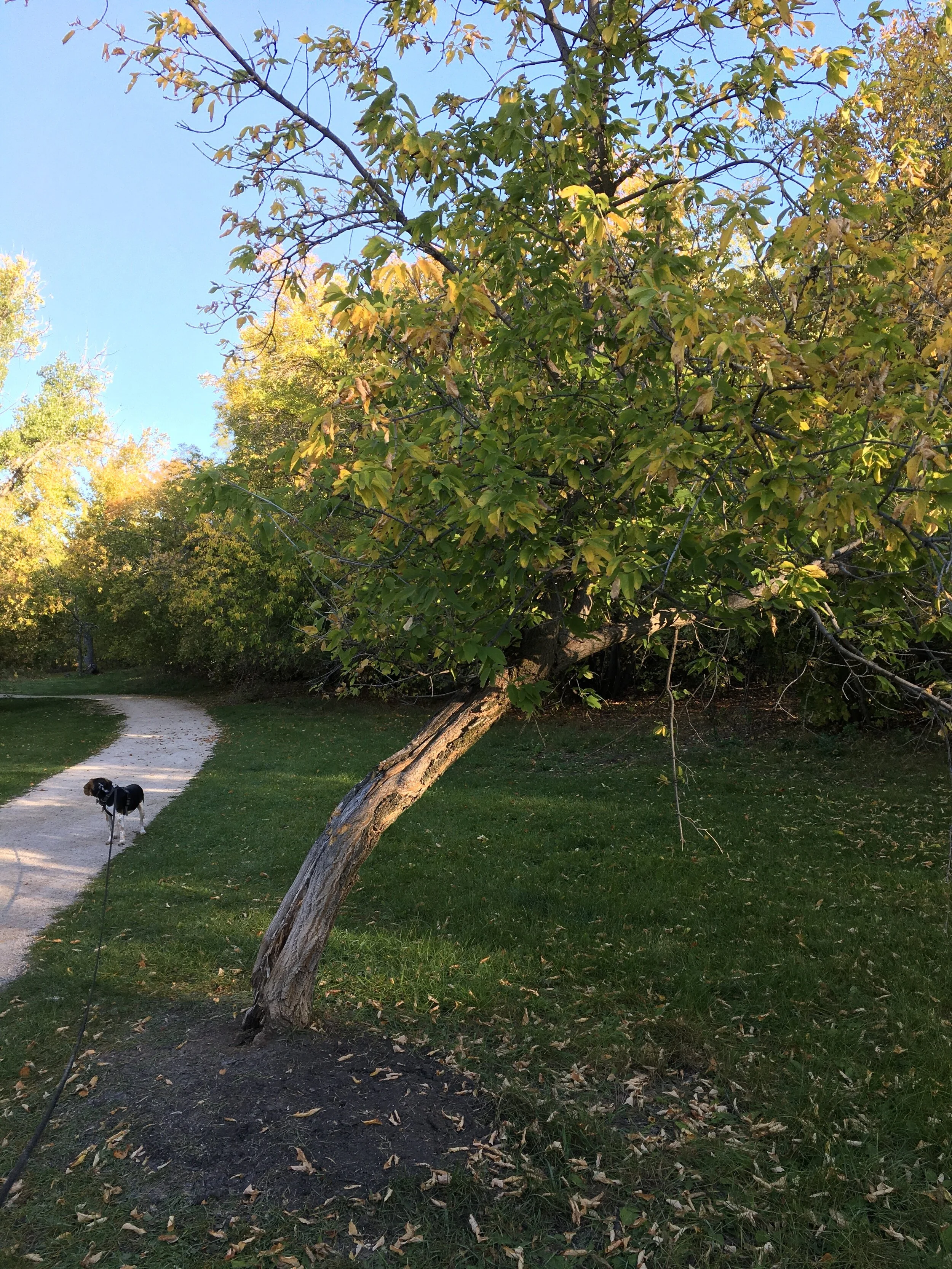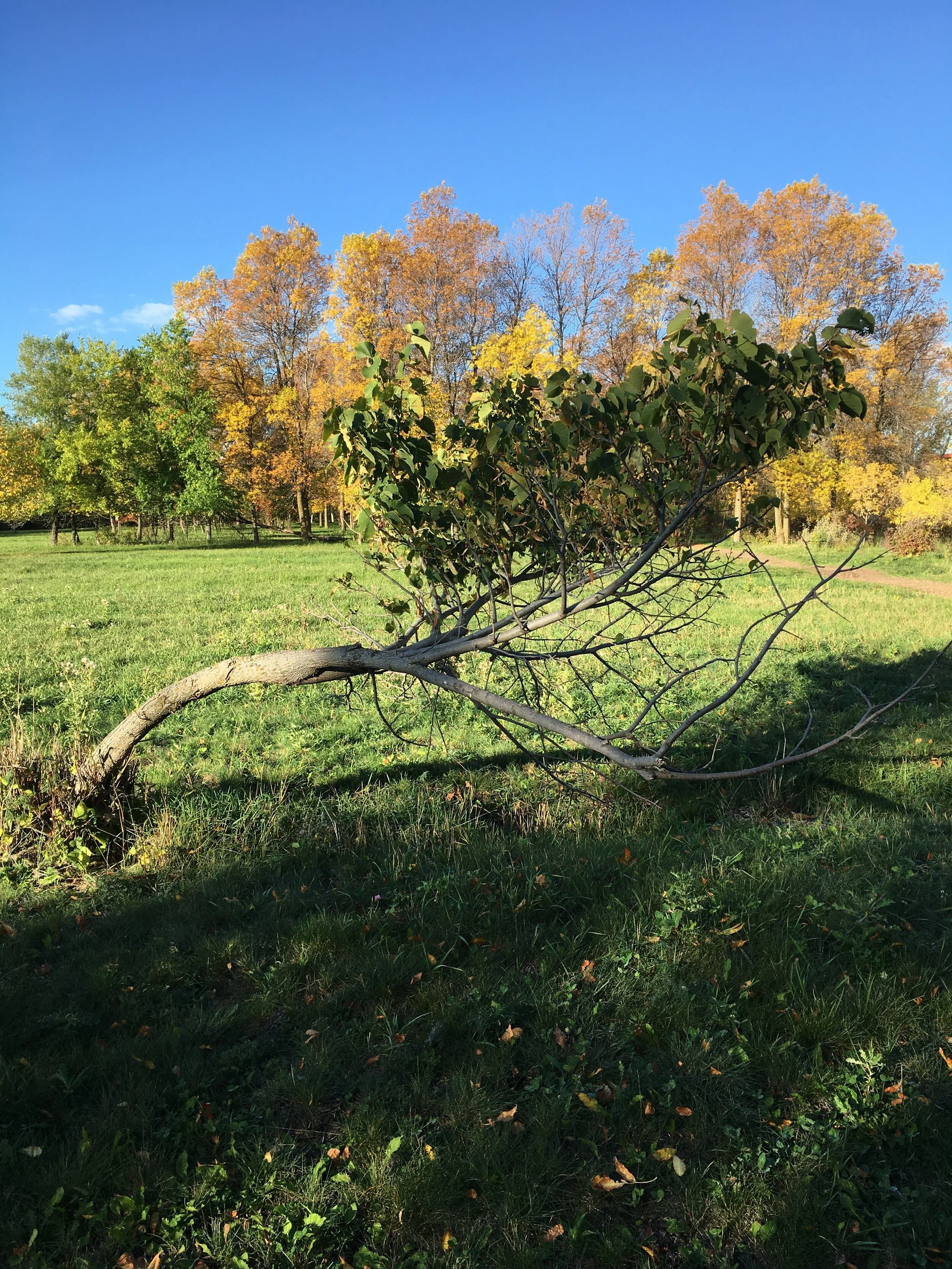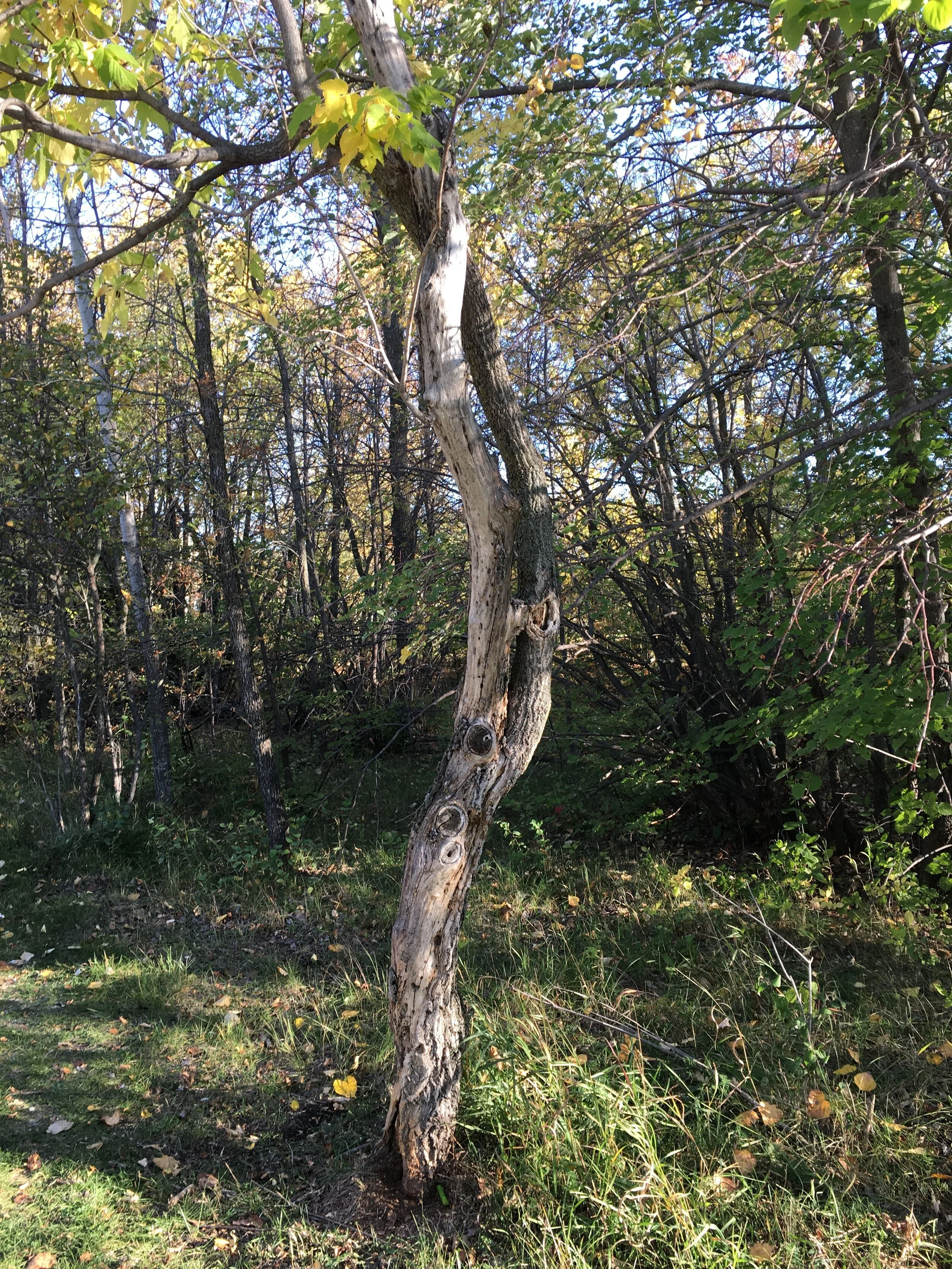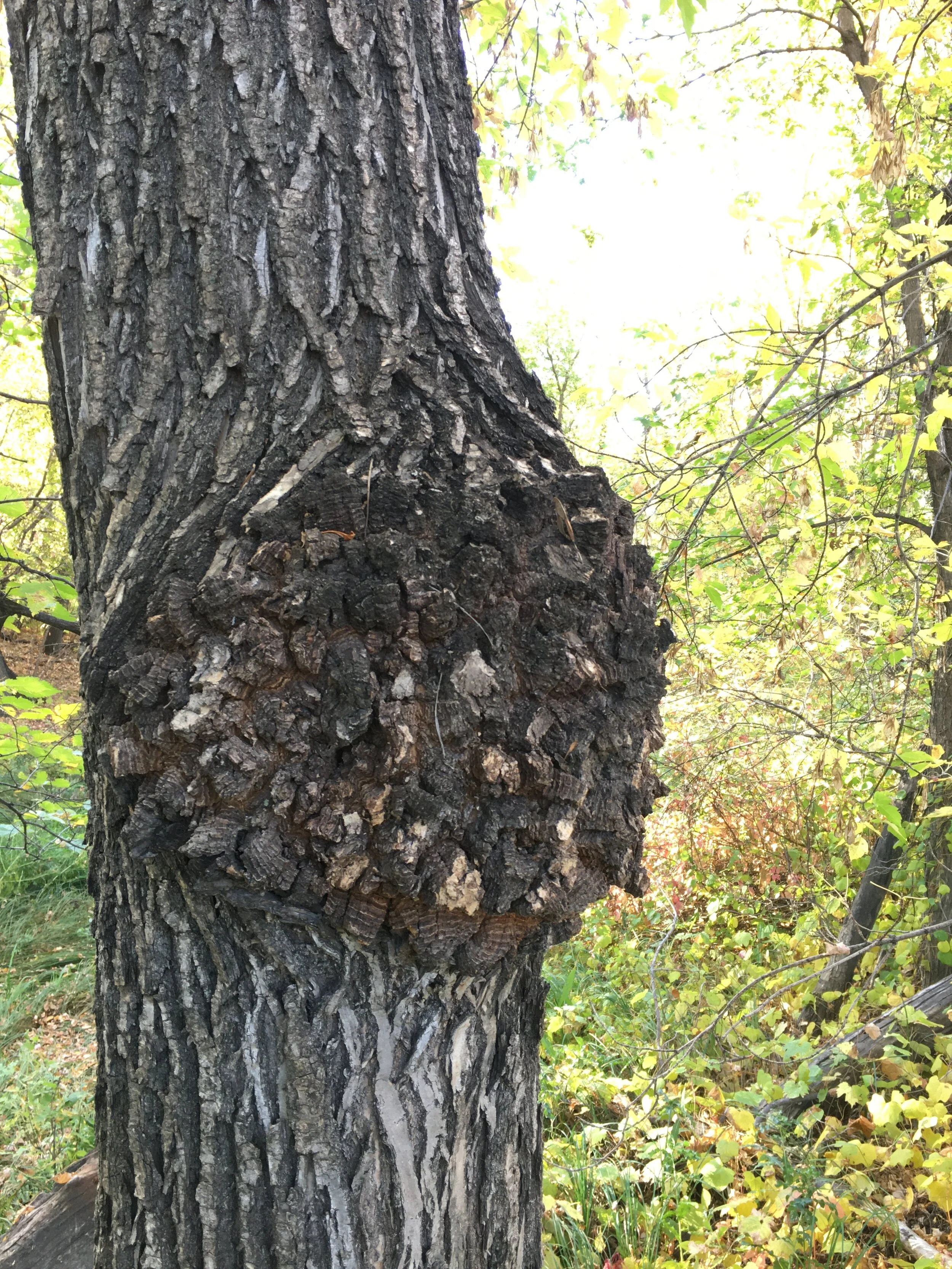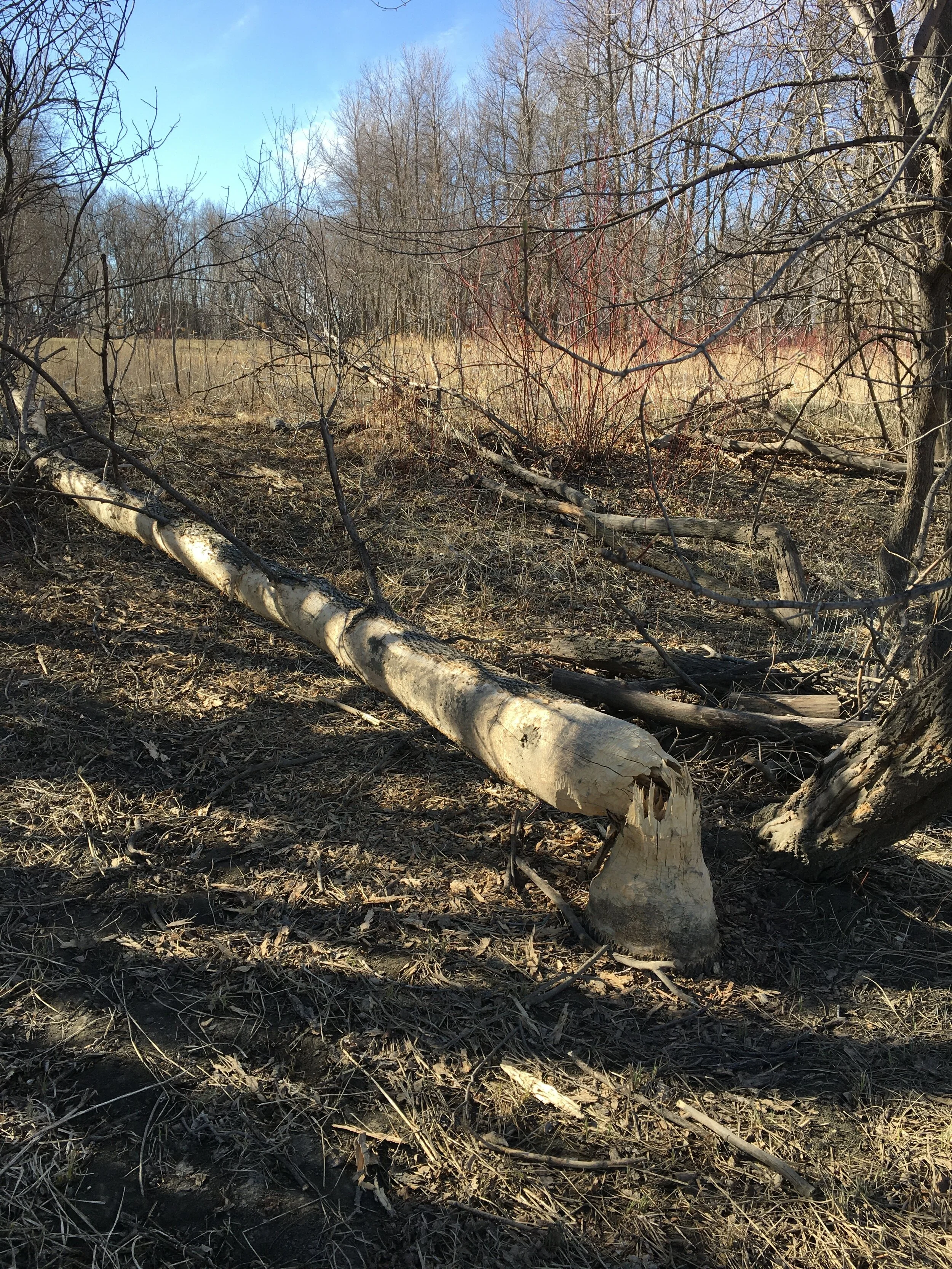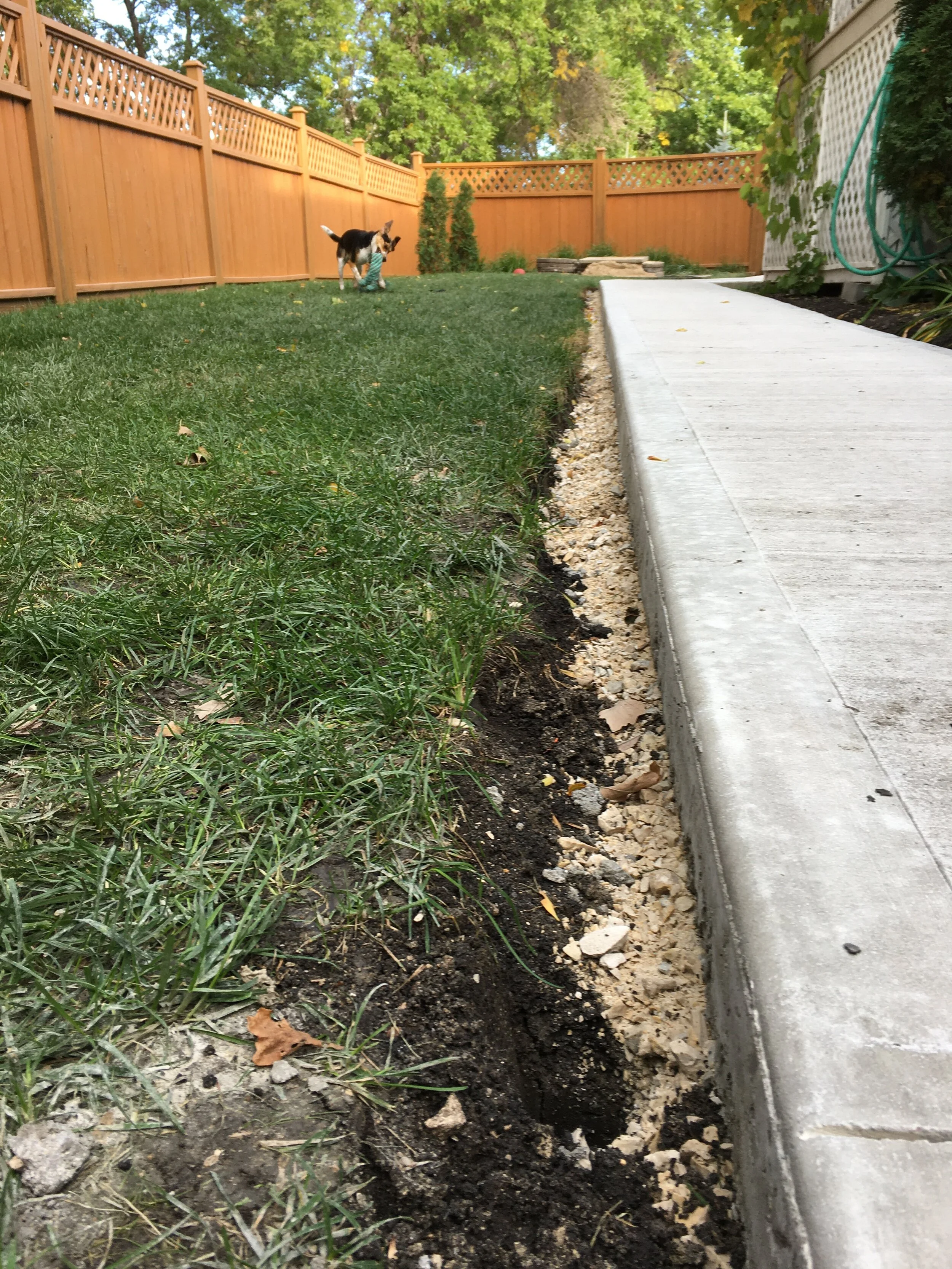I thought that the experience of being a student would provide lots of writing inspiration, like an insider view as I explored realms of information. But it isn’t that… Being a master’s student is more about patient labour than anything else. I imagine that it’s like seeing a horse in the wild… “Wow!” you think. “What a beautiful horse!” It’s gem-stone eyes look like they beckon to you and you want to know this horse. You daydream about one day riding on its back.
Do you know how long it takes to domesticate a wild horse? I don’t. I do remember reading a book titled The Horse Whisperer when I was in high school. I thought it was fascinating. I thought I would like to train horses like this guy said he did. It seemed magical. I lived in a family that thought all kinds of things were possible.
Do you know how to train a horse? I don’t. Almost two years ago now, we bought a puppy and I cried tears of frustration over its training. It is a beagle, chosen for its medium size, its adorable face, its friendliness. A horse would be intimidating, the way zooming out from your house on Google earth is intimidating: my kingdom is a disappearing collection of pixels.
So I’m not sure why I chose this horse metaphor, except that in my imagination the information I’m handling feels about as big as a horse… not impossibly big, but still unwieldy. And then managing that information so that I can say something interesting about it, also feels like a kind of domestication. It requires organization and understanding. When I’ll have managed this, I think it will feel as if I’d mounted a horse and rode it to a destination.
In movies, characters just get on horses no problem. If there’s a problem, it might be saved for the blooper reel. Outside of movies, riders take training. Has there been a slow-tv channel dedicated to someone’s training? No. That’s because training is long and boring and has progression but also setbacks and good days when things go according to plan and days when other things interfere and the project is set aside. It is more interesting to pretend to sit in a train as it travels through tunnels and a frozen countryside than it is to be submitted to someone’s training. It is why time-lapse was invented. (No. But the invention of time-lapse is horse-related!)
To conclude, as students say when they’re finishing an essay, I’m working on my master’s degree, but writing updates on the subject is not as exciting as I thought it would be. It’s a rite of passage, a professor told me, and it’s true. It’s this academic training you submit yourself to, and it’s not meant to be very exciting.


